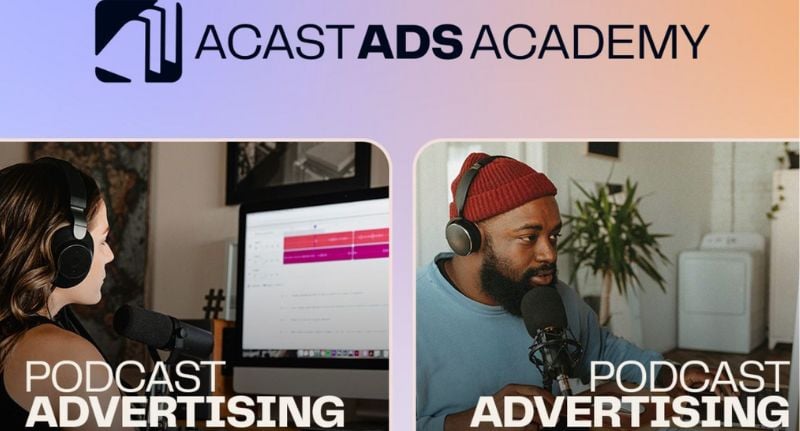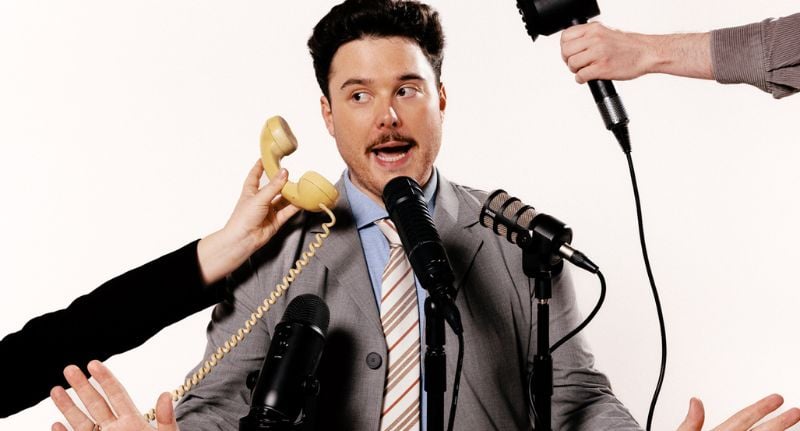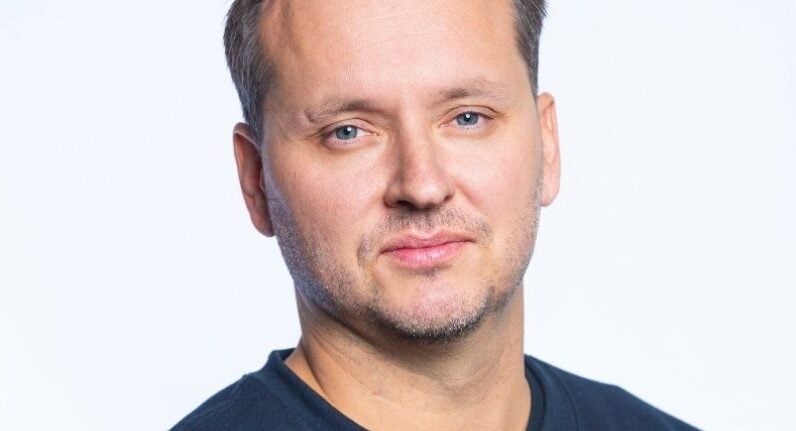Podcast advertising has moved from niche to mainstream in recent years, yet for many marketers it still feels like unfamiliar territory.
Those thinking about branching out into the podcasting territory are usually faced with questions such as:
do you try and match brands with the show or the host? Is it safe to advertise on true crime programs? or how long are people really listening for?
Acast is hoping to close that knowledge gap with the launch of its new Ads Academy, a free learning hub designed to make podcast buying clearer and more accessible.
Henrik Isaksson, Acast’s Regional Managing Director for ANZ, told Mediaweek the move reflects a global want for education.
“That need when it comes to podcast buying isn’t necessarily just in Australia, it’s everywhere,” he said.
“What seems to happen quite a lot in emerging mediums like podcasting is that depending on who you talk to, you’ll get a different story on how to best utilise the medium. And that’s what we wanted to set straight. Because this is what we do. We’re a podcast business.”

Two courses, two levels
The platform offers two courses: Podcast Advertising 101 is for newcomers, covering the basics of reach, frequency, formats and measurement. While Podcast Advertising 201 digs into advanced tools such as retargeting, programmatic buying and omnichannel optimisation.
“What you’ll be able to pick up when you go through the two different modules is obviously the basics, which is the podcast 101… and then the second one talks more about advanced measurement, retargeting, programmatic buying, like it gets quite comprehensive,” Isaksson explained.
Marketers who complete the modules and pass the final exam receive certification. Isaksson has even taken the courses himself. “I found them really useful. And this is what I’ve been doing for the last almost 18 years.”
Building on past education efforts
Acast has a long history of pushing education in podcasting. When the company first launched in Australia in 2017, it partnered with Nova Entertainment to teach advertisers about the medium.
“Back then there wasn’t companies doing podcast advertising at scale,” Isaksson said. “What we did in conjunction with [Nova] was to educate the market on the valuable audiences in podcasting, regardless of what they listen to.”
He argues the parallels with other media are obvious.
“Brands have no issues advertising on 60 Minutes on TV, and some of the subjects that they talk about are really serious, if not worse than a 50-year-old murder investigation. But they have no issues with that. Our job in this is to educate and prove that the money invested in podcast advertising, regardless of genre, is well invested.”
Crime, audiences and brand safety
That education effort extends to brand safety, particularly in genres like true crime, which remains one of the most popular categories with Australian listeners, topping the latest podcast ranker.
“We’re not really seeing the whole issue with monetising true crime,” Isaksson said. “The audiences in true crime are super, super valuable, and brand safety in podcasting is inferred.”
Acast relies on technology to address sensitivities. “We’ve got technologies that prevent certain ads from showing up in certain shows,” he said. “We’ve taken this and made it into a scalable solution for both direct advertisers and programmatic advertisers.”
Technology and content hand in hand
While Ads Academy focuses on education, Isaksson is quick to point out that growth in podcasting is driven by both technology and creativity. “Good content will always prevail,” he said. “If you make a good noise, the audience tend to follow.”
YouTube’s rise as the largest podcast platform illustrates the point.
“They’ve become the biggest go-to destination for podcast consumption in the world, by chance, they didn’t even try,” Isaksson noted. “And they have businesses like Apple and Spotify doing everything they can to grow these user bases. So to answer your question, I think it’s a combination of both.”

Mitch Churi
Connecting creators and advertisers
Acast’s open model means it doesn’t produce content but instead provides hosting, distribution and monetisation services for creators.
“We don’t own any of the content that we distribute and monetise. We don’t make podcasts,” Isaksson explained. That ranges from grassroots podcasters on Acast Open through to high-profile names like Mitch Churi, who recently launched his new show with Acast support.
Finding the right audience remains central to the company’s pitch. “Audience buying in podcasting isn’t necessarily anything new, but defining what the audiences are and what tools you’re using, that’s when it gets a little bit tricky,” he said.
“We do it through our own marketplace or we use third parties like Comscore to help find these audiences in podcasting.”
Making podcast ads easier
For Isaksson, the Ads Academy is about giving marketers a single, trusted foundation in a fast-growing medium.
“It’s beneficial to anyone who has even the slightest interest in podcast advertising,” he said. “It’s not necessarily just for Acast. We’d love for everyone to try it, regardless of how seasoned they are in the world of podcast ads.”
Main image: Henrik Isaksson
